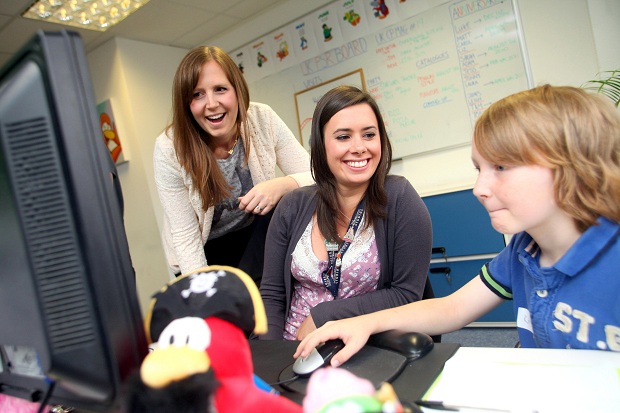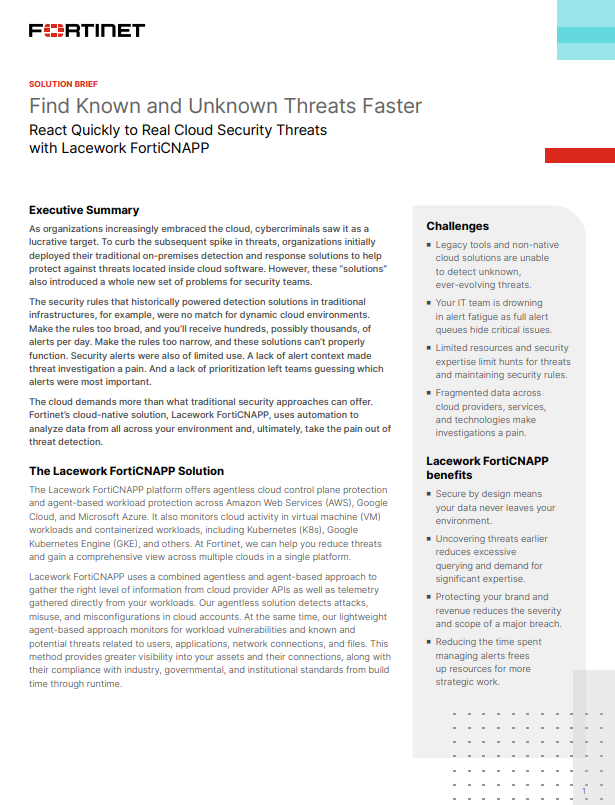Club Penguin: Making child’s play of online safety
Caroline Donnelly finds out how online gaming can teach kids good online behaviour.

Each moderator undergoes a background check with the Criminal Records Bureau (CRB), as well as six week training programme, several weeks of which are dedicated to getting them up to speed on the site's child protection policies and procedures.
"We have quite a rigorous selection process. We don't have a specific degree or school qualification requirement...but moderators do need a really keen eye for detail, and really great written and verbal communication skills because they're talking to kids and parents constantly," said Batten.
I think the problem is a lot of parents now didn't grow up with the internet and they're not so confident with it.
The recruitment process also tests candidates knowledge of children's pop culture, because it forms an important part of being able to relate to the site's users.
"The people who work here often have a background in caring for children or have previously worked in the caring profession in some other way," she added.
Self-moderation
Self-reporting is an important part of keeping Club Penguin safe, as there is a highly visible moderator alert button on almost every screen. Users are encouraged to press this if they spot another child being mean, sharing information they shouldn't be or simply not sticking to the site's rules.
"[When they press report] this generates a kind of transcript that comes through to the moderator, which is then checked through diligently for any signs that we should maybe ban that account or send a warning to that player," Batten added.
Get the ITPro daily newsletter
Sign up today and you will receive a free copy of our Future Focus 2025 report - the leading guidance on AI, cybersecurity and other IT challenges as per 700+ senior executives
During the eight years Club Penguin has been running, the site has also established a blacklist of words its members are not allowed to use in isolation or through its recently introduced word association/tagging technology in combination with others.
Unsurprisingly, swearwords are a common feature of the blacklist, and the same goes for any others with a negative connotation.
"Every single word and phrase is tagged as a noun or a verb or a location or a pet, and then a combination of these tags is either approved or not, so it means kids can be a lot more expressive [than before the word association technology was introduced], but also safer than ever," she said.
Corporate responsibility
As well as providing somewhere for children to while away their time, Batten said the site's aim is to help educate children about how to be a "good online citizen". The hope being they will carry on the web safety principles they learn at Club Penguin to other social networking and online gaming sites as they get older.
"This generation [of children] is pretty much the first that is growing up totally dependent on the internet. They use it for homework and for play and we see it as our responsibility...to teach children about the power of the internet," she said.
"[Club Penguin] is a safe environment and an area where they can make their first steps online and prepare themselves for the other sites they might go onto."
Furthermore, Batten and her team run online safety workshops at its office in Brighton for local schools in East Sussex, and regularly send out members of its moderation team on school visits to spread the message further.
This approach helps to relieve some of the pressure on parents to educate children who might be more tech-savvy than they are.
Further information
To find out more about helping children make the most of the online world, you can download Club Penguin's Guide to the Wonderful World of the Web here.
"And with mobile and tablet technology becoming increasingly popular, so much of the advice that used to be given out - about keeping the computer in the centre of the home in a busy area so you can see what children are up to is probably invalid now because they can access the internet everywhere."

